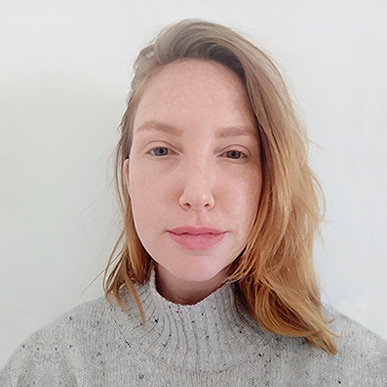Leah Junck: Tindering into a methodological cul-de-sac. My voyage of exploring interconnapptions


HUMA Doctoral Seminar Series
Data, in my view, really starts making sense when framed as part of epistemological research journeys. In the process of my own PhD research, being banned from Tinder three months into my fieldwork played a major role in making me reflect on questions around relationships in the context of technology more generally. It also heightened my sensitivity for interconnections between the physical and the virtual, online and offline, Tinder and the interview setting. In this seminar, I will talk about how the blessing in disguise of being banned from Tinder reminded me of the complexities of human realities and helped me reeling in the online and offline into my research, conceptually expanding it beyond the confines of space. I will address issues around researching the digital as an embodied experience, ‘going native’ and becoming part of the social space studied in unexpected ways. I will also offer reflections on wearing my research profile as a mask and on improvising ethnography. Discussing the challenges of researching Tinder and using the app as a recruitment tool (versions of issues all anthropologists face when conducting ethnography) is ultimately meant to serve as an encouragement. Hopefully, my own experiences will contribute towards recognising the abilities digital technologies entail for researchers, as does ethnography as a method in dealing with them.

About the speaker: Leah Davina Junck is a social anthropologist with a PhD from the University of Cape Town, South Africa, for which she conducted research on the dating application Tinder. Currently, she’s holding a position as a Postdoctoral Research Fellow at HUMA. Leah has previously worked as a journalist and at the Health Economics and HIV/AIDS Research Division of the University of KwaZulu Natal, South Africa, where she conducted policy-oriented health research. Her interests include the social impacts of digital technologies, the ethics of Artificial Intelligence, identity and migration as well as gender and minority rights. Furthermore, Leah is actively involved in the International Union of Anthropological and Ethnological Sciences (IUAES), the Network for Digital Humanities in Africa and writes for the South African Young Academy of Science (SAYAS).